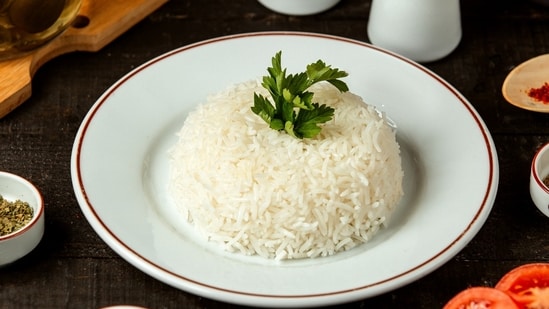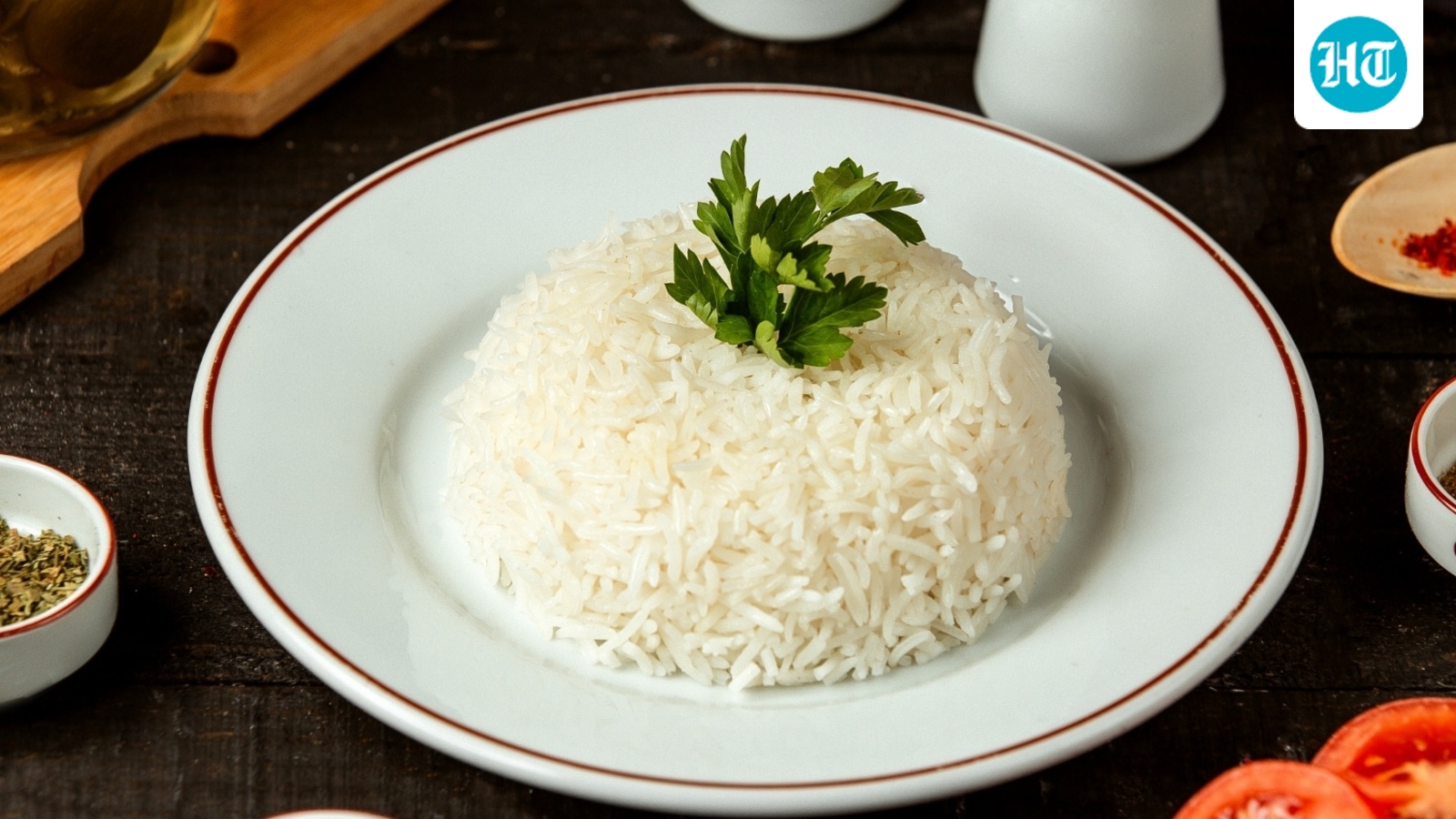According to the World Health Organisation, in India, there are an estimated 77 million people above the age of 18 years suffering from diabetes (type 2), and nearly 25 million are prediabetics (at a higher risk of developing diabetes in the near future). Per WHO, more than 50 percent of people are unaware of their diabetic status which leads to health complications if not detected and treated early. Also read | Doctor with 25 years experience shares a diabetic’s guide to managing glucose levels
 Traditional Indian diet is high-carb, low-protein and linked to higher rates of diabetes? Here’s what you should know. (Freepik) Carbs’ link to sblood sugar spike, weight gain
Traditional Indian diet is high-carb, low-protein and linked to higher rates of diabetes? Here’s what you should know. (Freepik) Carbs’ link to sblood sugar spike, weight gain
Dr Kunal Sood, a physician in anesthesiology and interventional pain medicine from Maryland in the US, took to Instagram on November 7 to speak about the significant increase in diabetes across India, noting that the typical Indian diet, which is largely comprised of quickly digested carbohydrates like white rice and refined wheat, is a major contributing factor.
Dr Sood highlighted that these carbohydrate-heavy meals account for up to 75 percent of daily caloric intake and contribute to rapid blood sugar spikes, insulin resistance, and weight gain. He referenced a study by the Indian Council of Medical Research (ICMR) that demonstrated replacing even a small portion of these carbohydrates with protein sources significantly lowered the risk of developing diabetes. Dr Sood suggested that you consider making minor adjustments to reduce your carbohydrate intake.
He said in the video he posted, “Across India, diabetes is rising faster than almost anywhere else. And what’s on the plate plays a big role. Most Indian meals are built around white rice, refined wheat, and added sugar, making up nearly 75 percent of daily calories. These carbs are digested quickly, causing a sharp blood sugar spike, and over time, insulin resistance and weight gain.”
He added, “A large national study by the Indian Council of Medical Research found that people who replaced just 5 percent of those carbs with plant-based protein, dairy, eggs, or fish had a much lower risk of diabetes. Knowing that even small changes can help you, do you think it’s possible to cut down on carbs in daily meals? Let me know your thoughts in the comments…”
Have dairy, eggs, fish
Dr Sood wrote in his caption, “The ICMR–INDIAB national study found that Indians get up to 75 percent of their calories from carbohydrates, mostly from white rice, refined wheat, and added sugar. This high-carb, low-protein diet was linked to higher rates of diabetes, prediabetes, and obesity. Replacing just 5 percent of these calories with protein like dairy, eggs, or fish significantly reduced diabetes risk. Small changes in macronutrient balance can have a big impact on metabolic health.”
Need help in managing diabetes? Click here for five easy tips to manage diabetes in your family – like sprinkling cinnamon on fruits, avoiding having rice and roti together, and more – which were shared by Shweta J Panchal, a clinical nutritionist, in an Instagram post in May.
Note to readers: This report is based on user-generated content from social media. HT.com has not independently verified the claims and does not endorse them.
This article is for informational purposes only and not a substitute for professional medical advice.

